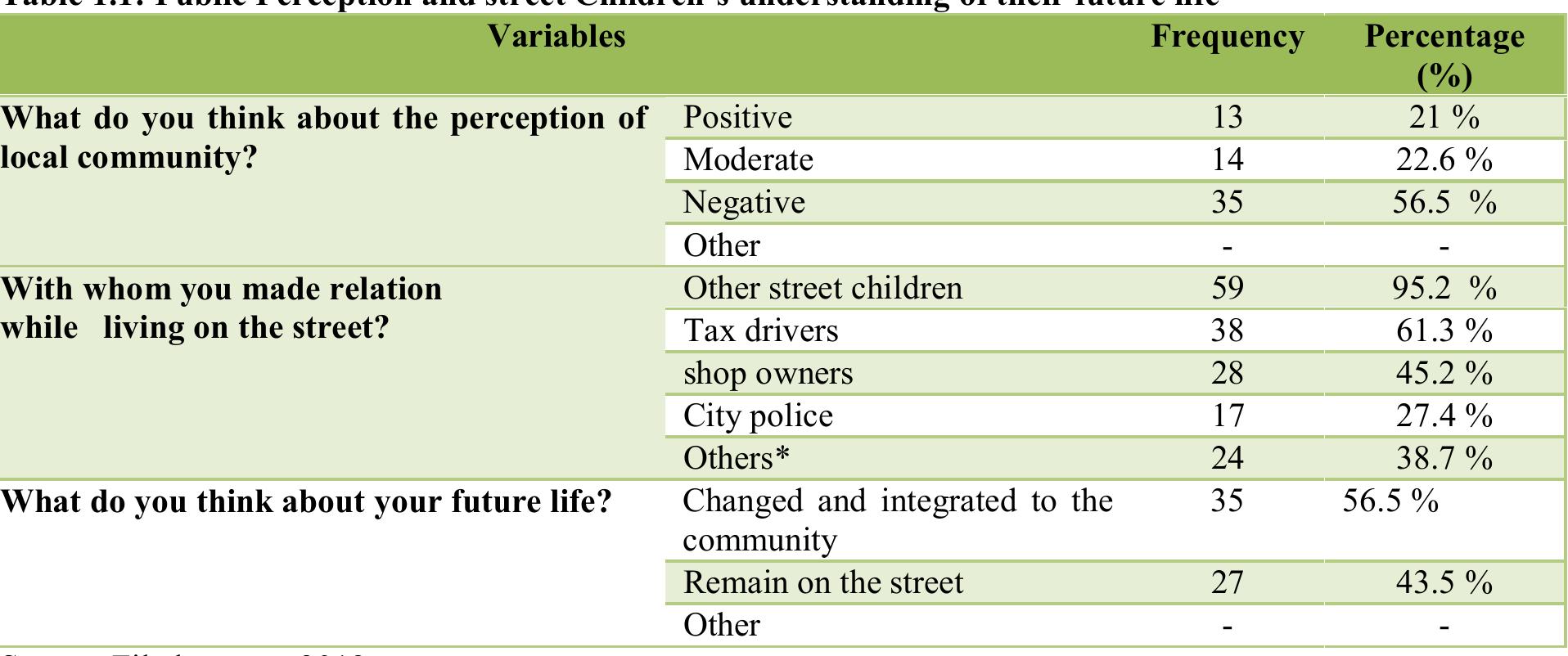Key research themes
1. How does Theatre for Development (TfD) facilitate community participation and empowerment in rural and marginalized communities?
This research theme explores the role of theatre as an interactive, participatory tool that engages rural and marginalized populations in identifying and addressing their socio-economic, cultural, and development challenges. It focuses on how community involvement in theatrical productions fosters awareness, collective problem-solving, and social change, emphasizing the importance of authenticity, inclusion, and local cultural elements to enhance effectiveness.
2. What is the role and impact of Theatre for Development in health communication and socio-political awareness during pandemics and crises?
This research cluster investigates how TfD serves as a culturally sensitive and effective medium for disseminating health information, fostering public awareness, and mobilizing rural and marginalized populations during health crises such as the COVID-19 pandemic. It assesses TfD’s capacity to complement conventional media in countering misinformation, enhancing comprehension through local languages and participatory formats, and supporting socio-political engagement amid public health emergencies.
3. How can technology and global collaboration innovate performing arts education and Theatre for Development?
This theme considers the integration of advanced technologies, online platforms, and transdisciplinary approaches in performing arts education and TfD practice. Research under this theme examines innovations such as global theatre networks, virtual collaborations across countries, and the use of ICT platforms to transcend geographical limitations, promoting intercultural understanding, enhancing pedagogical methodologies, and expanding the scope and accessibility of theatre-based development interventions.












